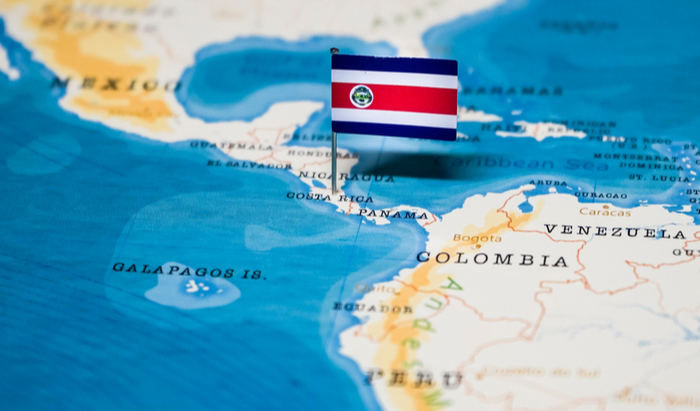The project from Costa Rican President Carlos Alvarado to introduce a tax on lottery prizes has been approved in a multi-sector dialogue table this week. The proposal will now be presented to Congress, who will decide if it comes into force.
According to Alvarado’s speech before the Legislative Assembly, they reached 58 agreements to reactivate the economy, increase income and reduce public spending, in addition to other proposals to create more jobs.
Local outlet Monumental reported that one of the proposals that aims to come into force in 2021 is the tax on lottery prizes higher than $407,000. Alvarado said that it will be sent to Congress next week.
Although the initial plan was to subject lottery prizes to a 25% income tax, the authorities are yet to confirm what the final percentage will be if the measure takes effect.
Through these agreements, the local government hopes to achieve savings of 2.5% of the GDP. However, so far the 58 agreements would only achieve 1.4% of the goal. Costa Rica could generate around 0.12% of the GDP through the lottery tax, or about $66.7m a year.
Despite the project being approved by the dialogue table, authorities still expect opposition from deputies. In November, Congressman Erick Rodríguez said the proposed lottery tax is a ‘populist tax’ adding ‘it doesn’t solve any fiscal problem’ that the country may have.
Rodríguez stated: “It doesn’t solve anything, it will aggravate the Social Protection Board (JPS) situation, and also [affect] the people who play lottery and chances. When they’re told that they have to give up 25% of what they win, illegal gambling will increase.”



























